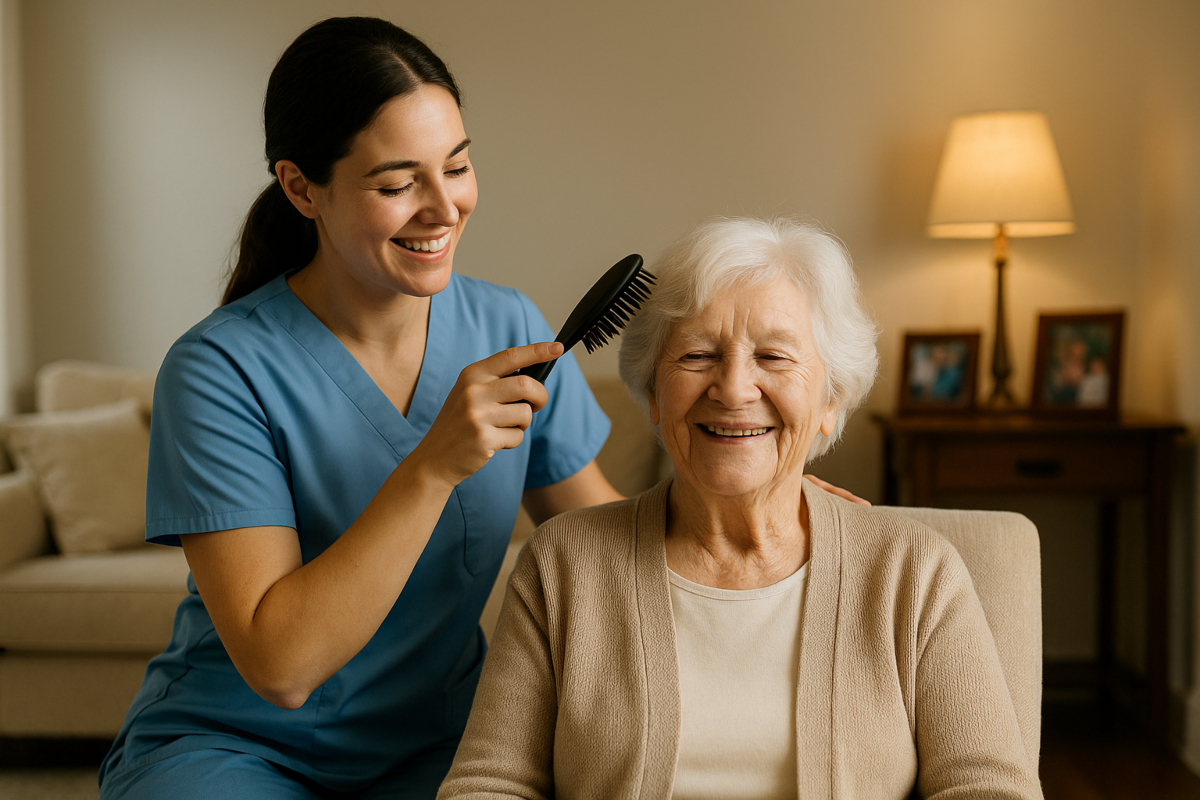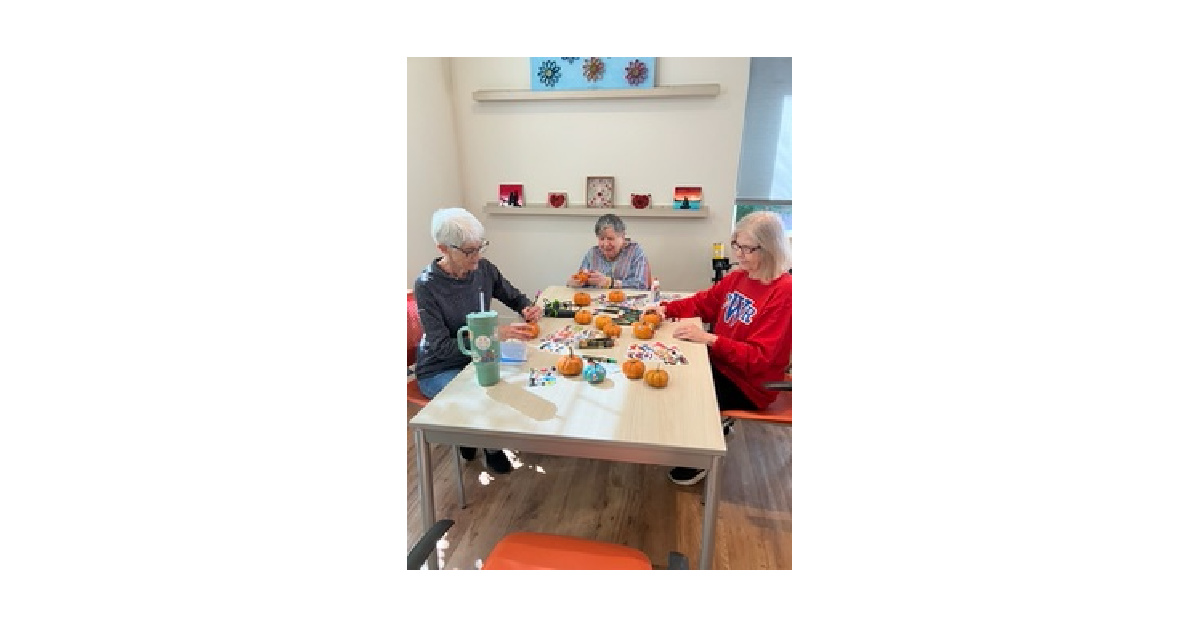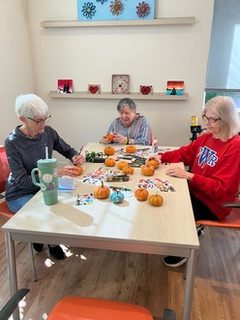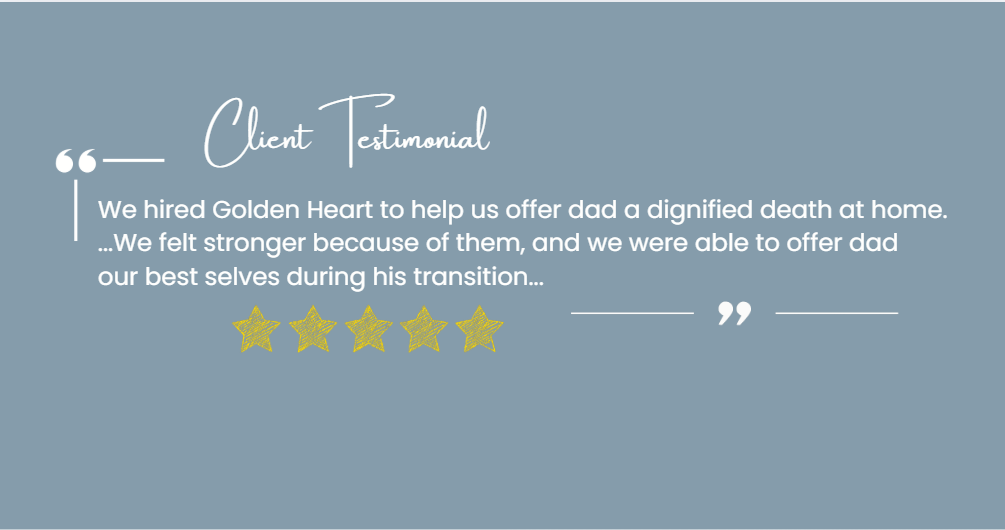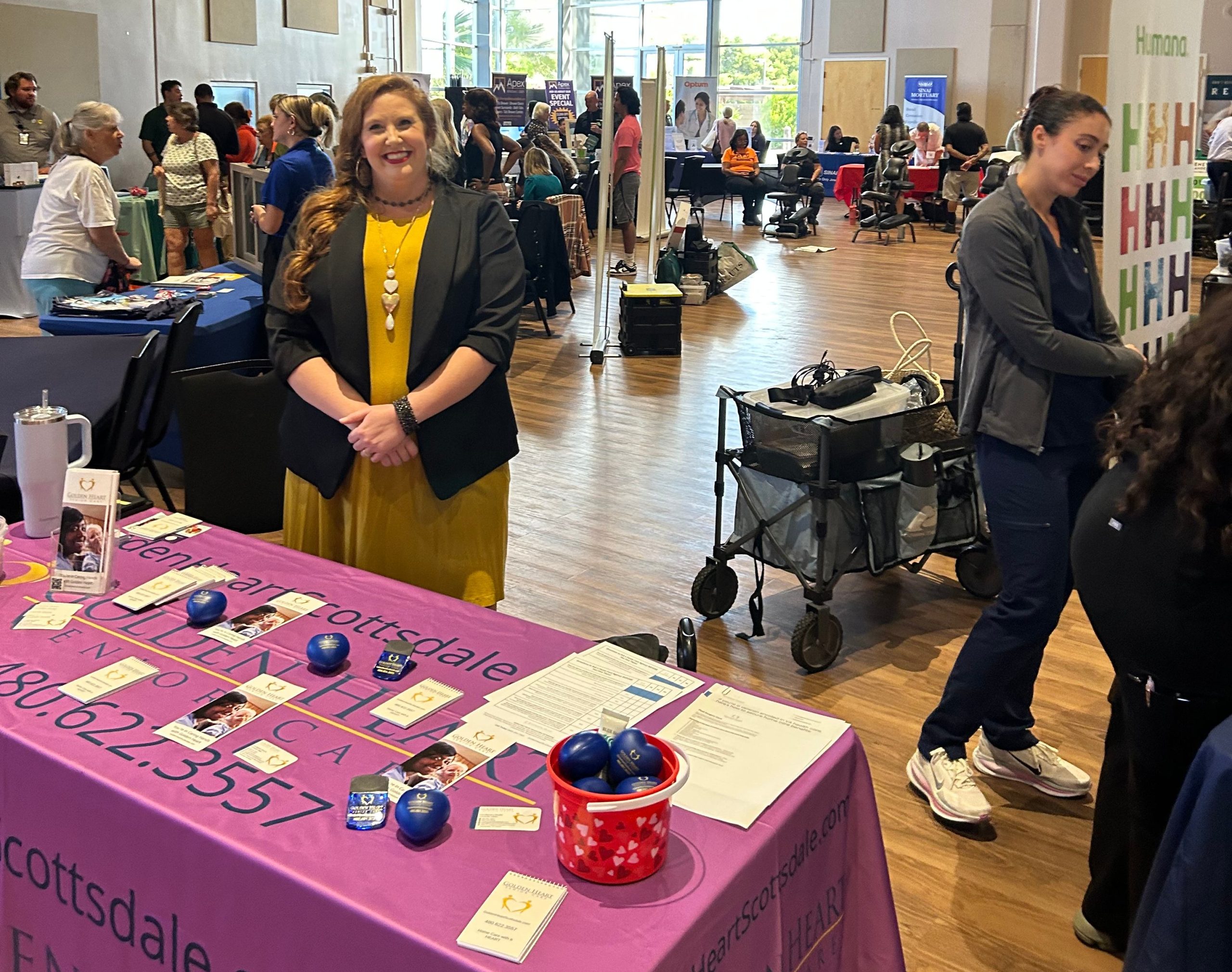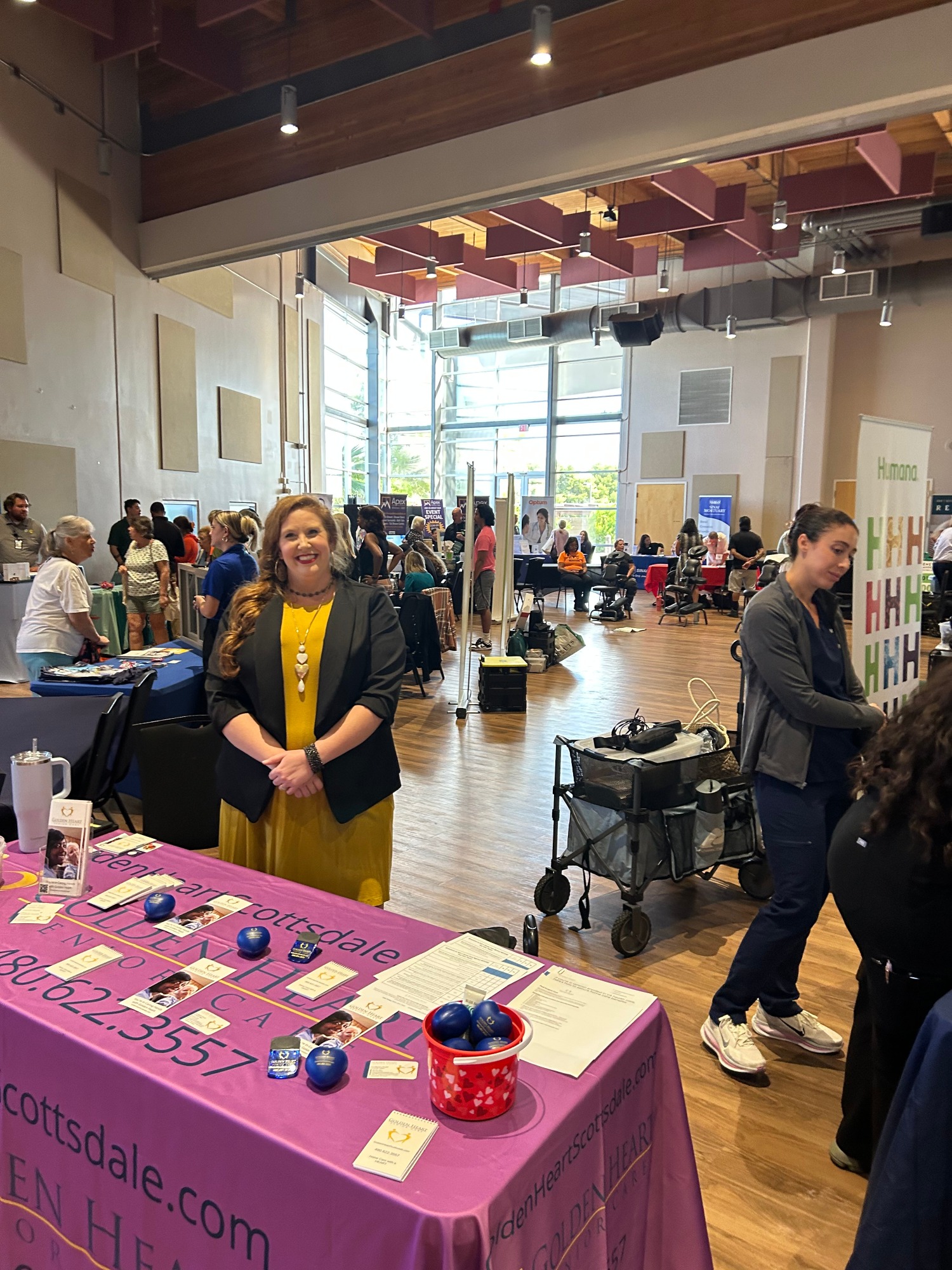Each November, COPD Awareness Month brings attention to one of the most common—and often misunderstood—chronic illnesses affecting older adults. Chronic Obstructive Pulmonary Disease (COPD) is a progressive lung condition that makes breathing difficult and can drastically impact daily living. For seniors, even simple activities like bathing, cooking, or walking across the room can feel like climbing a hill. Thankfully, compassionate home care services provide the support, safety, and encouragement older adults need to live comfortably and confidently despite COPD’s challenges.
Understanding COPD in Seniors
COPD includes chronic bronchitis and emphysema, conditions that limit airflow and make it harder for the lungs to absorb oxygen. It’s a long-term illness that typically develops after years of exposure to irritants such as cigarette smoke, air pollution, or workplace dust.
For seniors, COPD often brings fatigue, frequent coughing, shortness of breath, and difficulty sleeping. These symptoms can lead to frustration and reduced independence. Many older adults begin to avoid physical activity out of fear of becoming breathless, which can lead to muscle weakness and decreased stamina over time.
Managing COPD requires more than medication—it demands consistency, care, and emotional support. That’s where personalized home care becomes so essential.
The Benefits of Home Care for Seniors with COPD
Home care provides a bridge between medical treatment and daily living. It allows seniors to receive assistance right where they feel most comfortable—at home—without the stress of frequent hospital visits or the disruption of moving to a care facility.
A trained caregiver can help manage the day-to-day challenges of COPD by offering:
- Medication reminders to ensure inhalers, oxygen, or nebulizers are used properly and on schedule.
- Personal care support such as help with bathing or dressing when fatigue makes these tasks difficult.
- Meal preparation and hydration reminders to maintain nutrition and energy.
- Encouragement to stay active with safe, light exercises that improve stamina and circulation.
With this kind of structured support, seniors can maintain a higher quality of life and feel empowered to manage their condition.
Creating a Safe and Supportive Environment
For those with COPD, home comfort isn’t just about convenience—it’s about safety. Poor air quality or environmental triggers can worsen symptoms, leading to flare-ups or respiratory distress. Caregivers play a vital role in maintaining a clean, healthy living space.
They can help by:
- Reducing dust and allergens through light housekeeping.
- Avoiding strong cleaning chemicals or air fresheners that may irritate the lungs.
- Monitoring humidity levels and ensuring proper ventilation.
- Helping seniors avoid exposure to smoke or outdoor pollutants.
By paying attention to these small but important details, home care helps create an environment that supports easier breathing and better overall well-being.
Encouraging Gentle, Consistent Movement
When breathing feels difficult, the idea of exercise can be intimidating. Yet staying active is crucial for maintaining lung function and muscle strength. Gentle, supervised movement—like slow walks, seated stretches, or simple breathing exercises—can make a significant difference in comfort and endurance.
Home caregivers encourage seniors to engage in activity safely, often coordinating with healthcare professionals or physical therapists to follow prescribed routines. This kind of support helps seniors maintain confidence, mobility, and a sense of accomplishment.
Over time, light physical activity not only strengthens the body but also lifts the spirit, helping seniors feel more like themselves again.
Nutrition and Hydration Support
Eating well can also be a challenge for someone with COPD. Shortness of breath may make large meals difficult, while fatigue can lead to skipped meals altogether. Caregivers assist with grocery shopping, preparing smaller, nutrient-rich dishes, and ensuring adequate hydration—all of which support lung health and energy levels.
Foods that are rich in antioxidants, lean protein, and healthy fats help strengthen the immune system and maintain muscle tone. Hydration, meanwhile, keeps mucus thinner and easier to clear from the lungs, reducing coughing fits and discomfort.
With home care, seniors receive consistent nutritional support tailored to their personal needs and preferences.
Emotional Comfort and Companionship
COPD not only affects the body—it also affects the mind. Many seniors with chronic illness experience anxiety, depression, or fear about breathing difficulties. This emotional strain can make managing physical symptoms even harder.
Caregivers provide companionship and emotional reassurance. Having someone nearby who listens, understands, and responds calmly during stressful moments can ease anxiety and help seniors stay grounded. Conversations over coffee, shared hobbies, or quiet reading time together help create a sense of normalcy and connection.
Emotional support is a vital, often overlooked part of care—and it can make all the difference in how seniors cope with the daily demands of COPD.
Supporting Family Caregivers
Family members play a crucial role in caring for loved ones with COPD, but the responsibility can be overwhelming. Between medication schedules, oxygen management, and medical appointments, burnout is a real risk.
Professional caregivers provide relief by sharing the workload. They ensure that seniors receive consistent attention while giving family members time to rest, recharge, or attend to other commitments.
Having reliable home care in place means no one has to shoulder the burden alone. Families can focus on spending meaningful time together, secure in the knowledge that their loved one is in capable hands.
The Gift of Independence
Independence is something most seniors treasure. Living with COPD may require adjustments, but it doesn’t have to mean losing autonomy. Home caregivers offer assistance that empowers seniors to continue doing the things they love—safely, comfortably, and at their own pace.
With support tailored to their needs, older adults can remain active participants in their own lives, from choosing their meals to setting their schedules. The goal of home care isn’t to take control—it’s to give control back.
Recognizing COPD Awareness Month
This COPD Awareness Month, it’s important to recognize both the challenges and the hope that come with living well despite chronic illness. COPD can make life harder, but with compassionate home care, it doesn’t have to limit it.
Through personalized assistance, safe environments, and emotional connection, caregivers help seniors find strength, comfort, and joy in everyday moments. And for families, that means peace of mind—knowing their loved one can keep breathing easier, right where they belong: at home.
If you or an aging loved one is considering home care in Paradise Valley, AZ, please call the caring staff at Golden Heart Senior Care of Scottsdale at (480) 284-7360. We are here to help!



